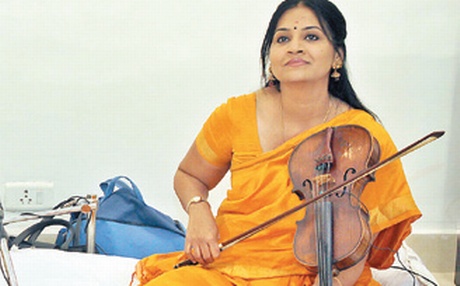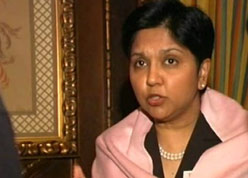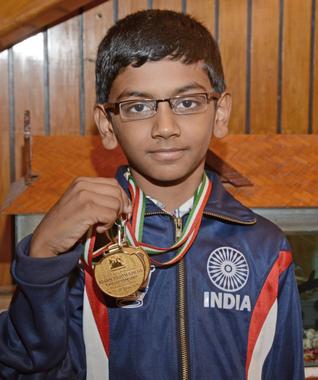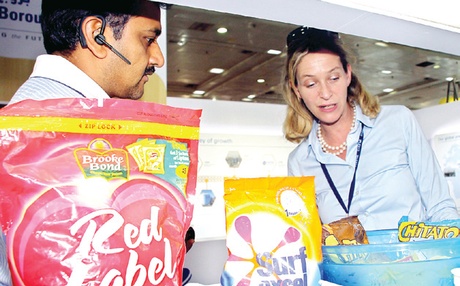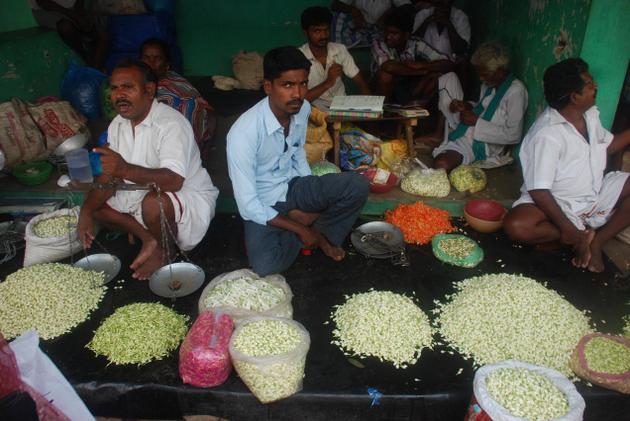
From the jasmine fields to the flower market, Madurai Malli is a phenomenon that rules the whims and wants of traders and flower-lovers
At the Mattuthavani flower market, we first encounter putrefying garbage and slushy floor. Heaps of flower petals and leaves rot in the open and cattle roam around binging on them. There is only chaos, noise, rush and ubiquitously unpleasant odours.
A village woman pushes us aside dragging a huge gunny bag along. A man yells out flower names “Kanagambaram, Champangi…” Old women bargain with lungi-clad traders sitting cross-legged and holding a weighing balance. . Intricately woven garlands are displayed at every shop.
We wait for the moment, an explosion of colours and scents. And there they arrive. Rose varieties including Tajmahal, Jerpura, Dutch rose and Gladiator from Bangalore, ‘Champangi’ from Pallapatti in Dindigul, ‘Kozhi poo’ from Usilampatti, ‘Kanagambaram’ from Chinnamanur in Theni and ‘pattu rose’ from Rajadhani Kottai in Kodai Road… the scene changes to ariot of hues and a medley of fragrance.
But what we can’t escape or ignore is the strong refreshing whiff of ‘Gundu’ malli. There is no dearth of colourful blooms in the market but every buyer seems to be searching for the queen of blooms. Jasmines from various villages become one here, under the tag ‘Madurai malli.’

“Flowers from every village are different in texture and size,” says Rameswari, a buyer from Simmakkal. “We feel the bud between our fingers to check the quality .” Suddenly voices takes over as a fierce bargaining is on to fix the rate of the flower for the day. the After much haggling, the `farmer-trader-buyer’ trio arrive at a consensus. . “Every hour, the price varies depending upon the quality and demand,” says Muthu, another buyer. “The peak season of jasmine is during March to July. The quantity of flowers arriving at the market dwindles in winter.”
S. Ramachandran, president of Madurai Flower Market recalls the days when every farmer would bring 10 to 15 kilos of jasmine every hour. “Now, it is down to just 10 per cent,” he says.
Around Madurai, jasmine is cultivated in more than 30 villages spread over north and south blocks. The flowers from Eliyarpathi, Valayankulam, Salvarpatti, Parapathi, Parampupatti, Sundarangundu, Thirumal, Solanguruni, Vellakulam and Veppangulam are much sought-after for their size and texture.
What makes Madurai grown malli so unique? “The malli grown in our belt is bigger and the stem is stronger. It lasts long and the fragrance is intense. It’s because of the soil quality and the tropical climate,” says Mokkai a farmer from to Eliyarpathi, a village off the Arupukottai Road.
This village, as we discover, is known less by its name and more by its flower’s fame. Malli is the name of every first flower and every second girl child here. Our eyes feast on the blue hills, green fields, red earth and colourful people as we walk through Mokkai’s three-acre field. Long rows of lush green plants studded with bunches of sparkling white buds, steal the sight. We feel the moist earth – freshly watered — and inhale as much of the scent until it hits our brains.
“Beware!” warns, Samayakkal, a sexagenarian, from behind. “Snakes are waiting to greet you,” and we retreat in a huff. “We start our day before the dawn breaks. I have been doing this work for four decades and feel the fragrance in my fingers forever,” Samayakkal flashes a paan-stained smile. “Butwe have to brave the snakes,” her voice trembles remembering one of the workers who died of snake bite while working in the field two months ago.
It’s because of people like her that the much-acclaimed Madurai malli reaches places the world over, on time. “We dispatch the first batch of flowers at 6 a.m. to the airport to be sent to other countries and cities. From then on, every hour, we keep sending batches for the local and outstation markets,” she says.
Jasmine means more than just a flower to the 1,100 farmers and 10,000 other people dependent on it. It’s the lifeline in more than 30 villages in the south block. Mokkai, who has been cultivating malli for two generation, says, “Over the years, the production has come down to a quarter of what it used to be.” Scarcity of water, poor appreciation of the produce, shrinking farmlands and labour shortage seems to be the major reasons. Sadly, dry fields and dying jasmine are a common sight today.
Our next stop is Thirumal, a hamlet near Thirumangalam, where jasmine is said to be as common as any street-side flower. Butwe had to search the fields with malli playing hide-and seek! We found every other crop — groundnuts, ladies finger and brinjal – but not jasmine.
“Ealier, this village had only of jasmine fields. Now people have switched over to other plants,” Kathiresan narrates another heart-wrenching story about the slow death of jasmine . “Farmers should be involved in activities related to jasmine development,” he says. “Most traders and officials are far removed from the ground reality ,” says Kathiresan, whose four-acre jasmine garden has shrunk to 30-cents.
Though jasmine farming doesn’t require copious rains, the flower needs one lakh litres of water per acre, every 10 days to get maximum yield. The first buds can be harvested within 60 days of transplantation of saplings.
The parent sapling (pathiyam) for all the jasmine plants is obtained from Thangachimadam near Rameswaram. The sea breeze and optimum temperature is said to favour the growth of jasmine saplings in the coastal town.
The plant reaches up to three feet in three years time and lasts for 20 years yielding flowers every season. In each bunch, the plant gives up to twelve flowers. As jasmine buds bloom in the evenings, they are plucked in the early mornings to be sent to outstation markets.
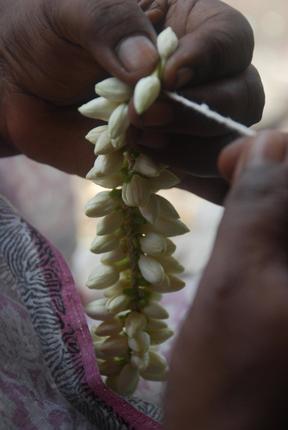
The Madurai-bred jasmine has been accredited with a GI tag and has high potential to earn ample foreign exchange. “But, says Ramachandran, also a member of Madurai Malli Development Council, “the city lacks international connectivity, so the flower has to be channelled through other airports. As a result, other jasmine varieties from places like Sathyamangalam are exported in the name of ‘Madurai malli.”
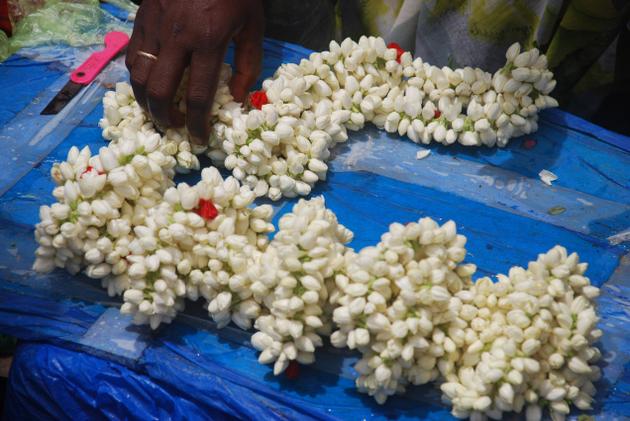
The Council trains farmers and flower vendors on the techniques of marketing and weaving and also provides financial aid to encourage farmers to continue jasmine cultivation. “We want to save the flower from becoming extinct,” asserts Ramachandran.
source: http://www.thehindu.com / The Hindu / Home> Features> MetroPlus / by T. Saravanan and A. Shrikumar /Madurai – July 26th, 2013
